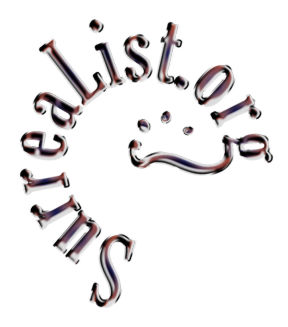
Hexagram Forty-eight—Uniting Force
Hexagram Forty-eight shows that in the center of a village is an inexhaustible well. Townspeople may draw from it, yet the water level remains steady. In the same way, good government benefits the citizens. But when the bucket breaks or the rope is too short, government does not fulfill its promise. The analogy can also describe a community, household, business, or association.
The first line, yin, shows a muddy or contaminated well that is no use to anyone. A comparison can be made to corrupt or greedy officials.
The second line, yang, shows water leaking from a well or from the bucket, thus the water cannot be brought to the top to be used. This is like a government that will not govern properly.
The third line, yang, shows a well that the people have cleaned out, but is not used. There is great sorrow in this. The leaders must make the wise decision to go back to the well. The people can be a source of wealth and stability the ruler has not recognized.
The fourth line, yin, shows a well that is made correctly and lined with ceramic tiles. This is fortunate, although it would be better if the owner offered the water to the wider community.
The fifth line, yang, shows a clear, cool well with good water. The government and the people are in harmony.
The sixth line, yin, shows water drawn from a well, which is not covered, symbolizing truthfulness. There is an inexhaustible supply, symbolizing sincerity.
Hexagram Forty-eight Commentary
This hexagram goes back to the concept of community and may apply to governments, households, businesses, associations, or any group. The overall analogy is of a well. In the ideal state, everyone can draw what they need from the well, and the water table remains steady. The bucket and rope signify the workings of government.
The first line, yin, shows a contaminated well. This symbolizes corrupt, greedy leaders.
The second line, yang, shows water leaking from the bucket, so people cannot get water. This symbolizes an inept government.
The third line, yang, shows a jaded society where people turn their backs on the well. The solution will come when a leader will go back to the well and get everyone to cooperate for the common good. Specifically it says, "The people can be a source of wealth and stability the ruler has not recognized."
The fourth line, yin, shows a private well the owner made correctly and lined with tile. It's a great well, but the owner refuses to share with others. This is like a government that only operates for a few at the top.
The fifth line, yang shows the ideal. The leaders and the people work together. They have "a clear, cool well with good water" that belongs to everyone.
The sixth line, yin, elaborates on the idea. The metaphor is of water drawn from the well of truthfulness. This well is open to all, not closed.
To the reader: Most of the hexagrams have at least one line that predicts bad results, but that does NOT mean you are fated to that result. The hexagrams illustrate different attitudes, so study the actions and reactions to learn the attitudes that will lead to better outcomes.
The I Ching teaches you to flow with changes and create positive change from the inside through conscious living. Your future is in your hands. Consult the I Ching for ideas that lead to clear thinking and positive mental attitude. Reading the I Ching helps you take the time to reflect on your attitudes and ideas. Continue asking until you feel positive about your course.

Click here for another hexagram.
A note about this interpretation of the I Ching: Nori Muster wrote this version of the I Ching in 1994 and put it online at Surrealist.org in 2000. It is also available at Amazon:
e-book
paperback
